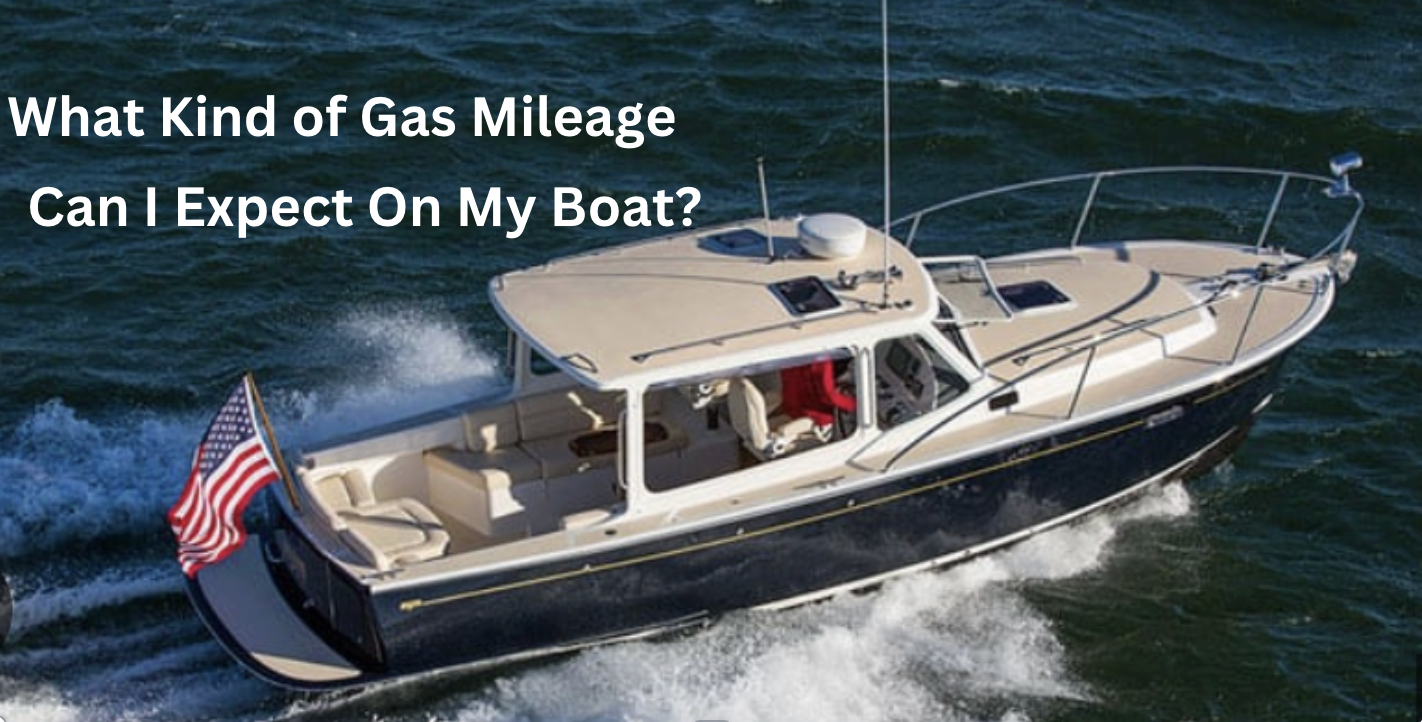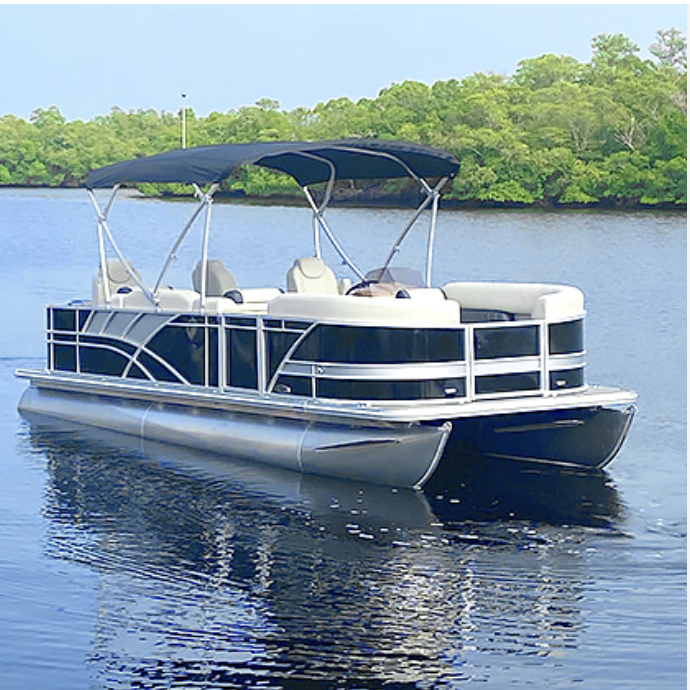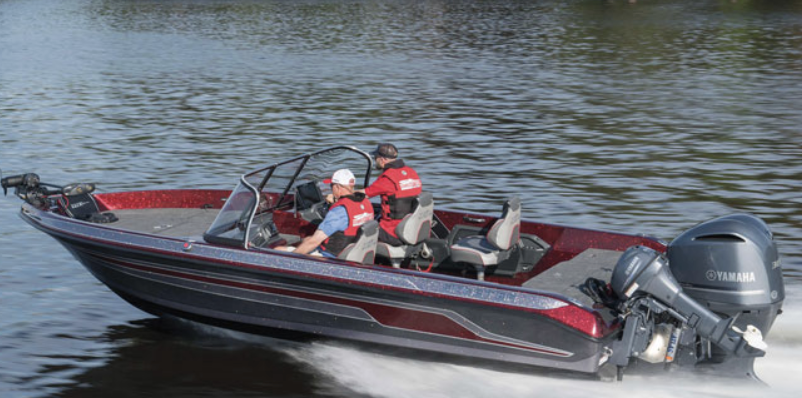
When it comes to leisurely cruising across the serene waters of a lake, boaters often find themselves pondering the fuel efficiency of their outboard engines. Two popular choices for lake enthusiasts are pontoon boats and V-hull style boats. In this blog post, we will delve into the world of gas mileage for these boat types, comparing their fuel efficiency and exploring how different outboard engine brands and horsepower sizes impact miles per gallon (MPG). This will be important when heading out for an entire day from your lakefront property
Pontoon Boats: The Leisurely Floaters

Pontoon boats are well-known for their stability and comfort. They feature a flat deck built atop cylindrical pontoons, providing ample space for family and friends to relax. While pontoon boats are not typically known for their speed, they do offer certain advantages in terms of fuel efficiency:
Fuel Efficiency: Pontoon boats are generally more fuel-efficient at lower speeds due to their flat hull design and lighter weight compared to V-hull boats. This makes them ideal for leisurely cruises and activities like fishing or picnicking.
Steady Speeds: Pontoon boats tend to operate at more consistent speeds, which can contribute to better fuel efficiency compared to V-hull boats that often experience more variations in speed due to their design.
V-Hull Style Boats: The Thrill Seekers

V-hull style boats are designed for speed and maneuverability. Their hulls cut through the water, allowing for faster and more dynamic rides. However, this design does impact their fuel efficiency:
Higher Speeds, More Consumption: V-hull boats generally require more power to attain and maintain higher speeds, leading to increased fuel consumption. They are often favored by those seeking adrenaline-pumping water sports like wakeboarding and water skiing.
Variability in Fuel Efficiency: V-hull boats can exhibit varying fuel efficiency based on the size of the boat, the power of the outboard engine, and the way they are driven. Efficient driving techniques, such as maintaining a consistent speed, can help improve their MPG.
Outboard Engine Brands and Horsepower Sizes
Yamaha: Known for its reliability, Yamaha outboard engines often strike a balance between power and fuel efficiency. Modern Yamaha engines feature advanced fuel injection systems that optimize combustion and fuel delivery, contributing to better MPG.
Mercury: Mercury outboard engines are renowned for their innovative technologies, including electronic fuel injection and adaptive fuel control. These features can enhance fuel efficiency by adjusting fuel delivery based on engine demand.
Outboard engines can get about 4 miles per gallon (mpg) while cruising at 25 mph. Smaller boats with 30 HP motors can get higher mpg ratings because they are lighter and have less drag.
A general rule of thumb for outboards is that each 10 HP will burn one gallon an hour. For example, a 150-horse engine will use about 15 gallons per hour. 4-stroke outboards are more fuel efficient than 2-stroke outboards. A 4-stroke motor can be 50% more efficient than a 2-stroke motor with the same horsepower.
Here are some examples of gas mileage for different outboard engines:
A 2-stroke Merc 225p gets 2-2.5 mpg under most conditions
A Yamaha F90 90 horsepower four-stroke outboard burns less than five gallons per hour at a cruising speed in the upper 20s
A Mercury 115 EFI has most efficient cruising speeds in the mid teens
A Yamaha MX 1825 with a 150 4-stroke gets just over 5 mpg at about 30 mph and about 3 mpg at 50 mph
Conclusion
When it comes to gas mileage on outboard engines for lake boats, the choice between pontoon boats and V-hull style boats depends on your preferences and priorities. Pontoon boats offer better fuel efficiency at lower speeds and are perfect for leisurely activities, while V-hull boats provide thrilling rides but may consume more fuel during high-speed adventures.
Remember, practicing efficient driving techniques from your dream lake home, such as maintaining steady speeds and using modern outboard engine technologies, can help you make the most out of every gallon of fuel, regardless of the boat type you choose. Before making a decision, it’s always a good idea to research and consult experts to find the best combination of boat type and outboard engine for your specific needs.
Posted by Scott Freerksen “The Lake Guy”
